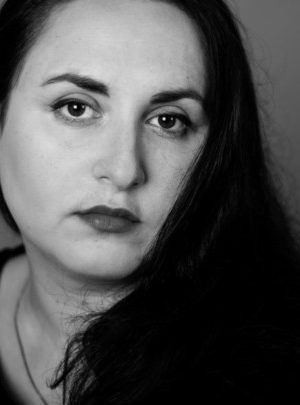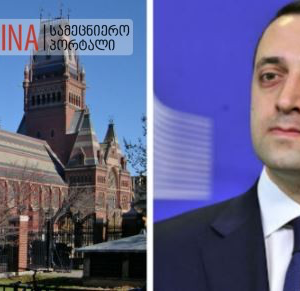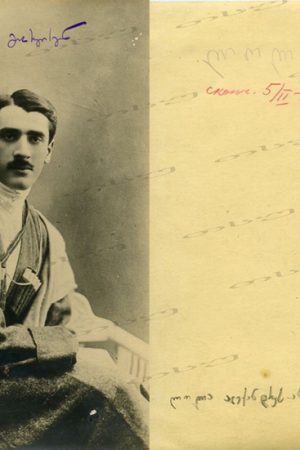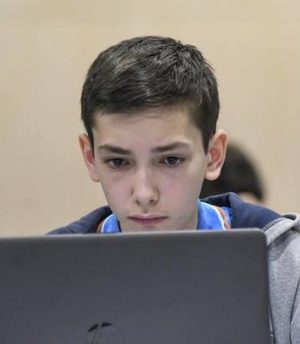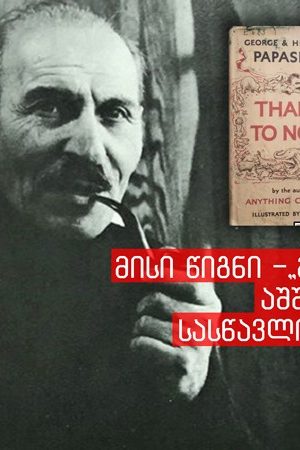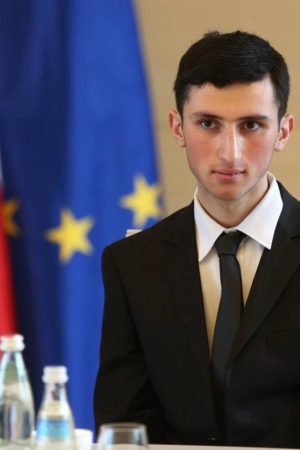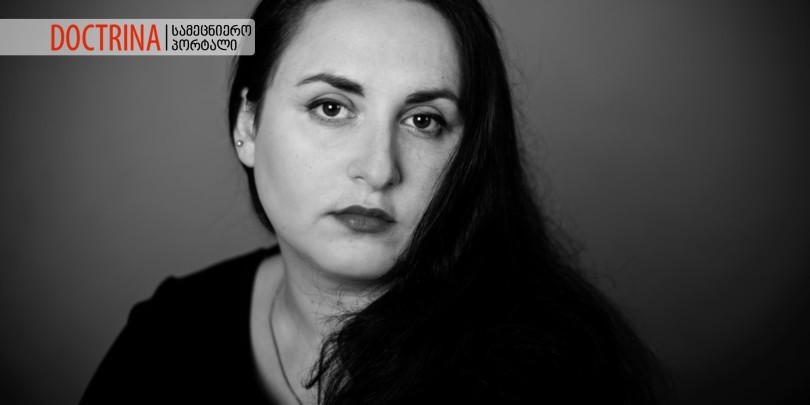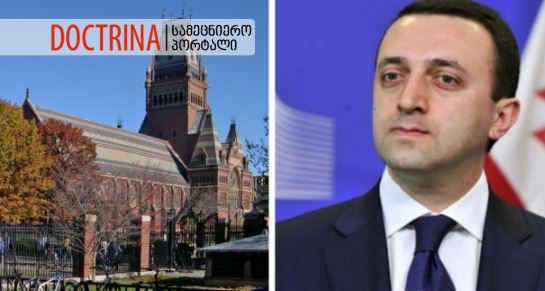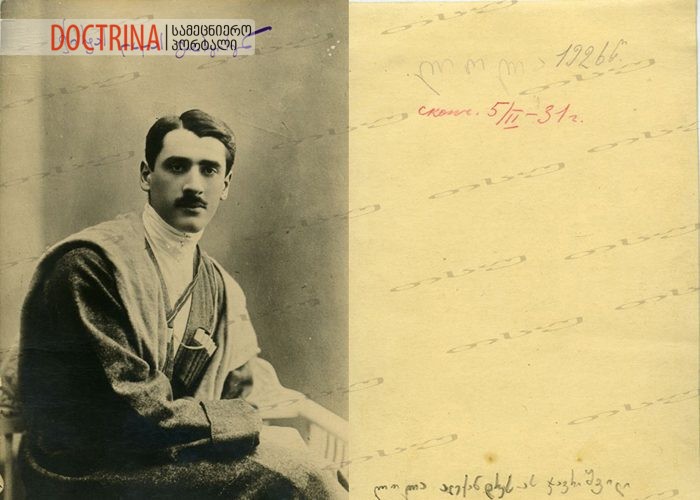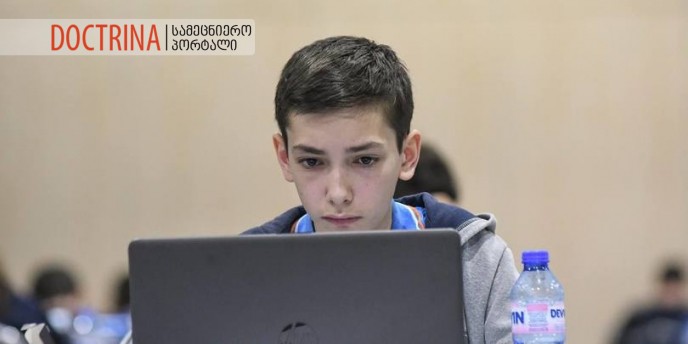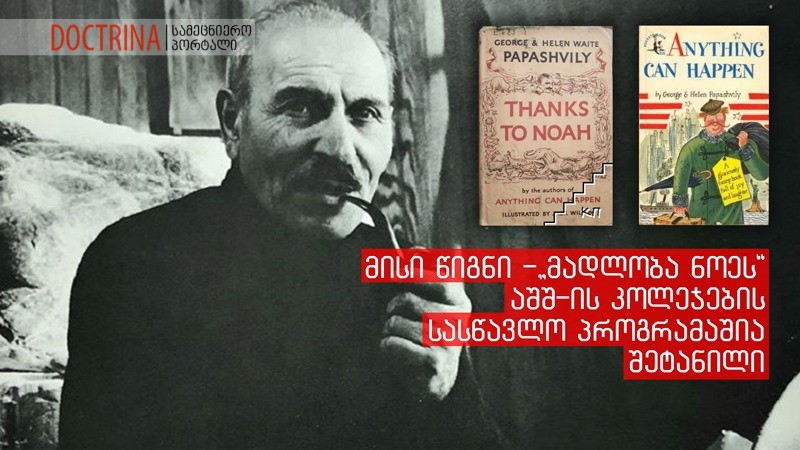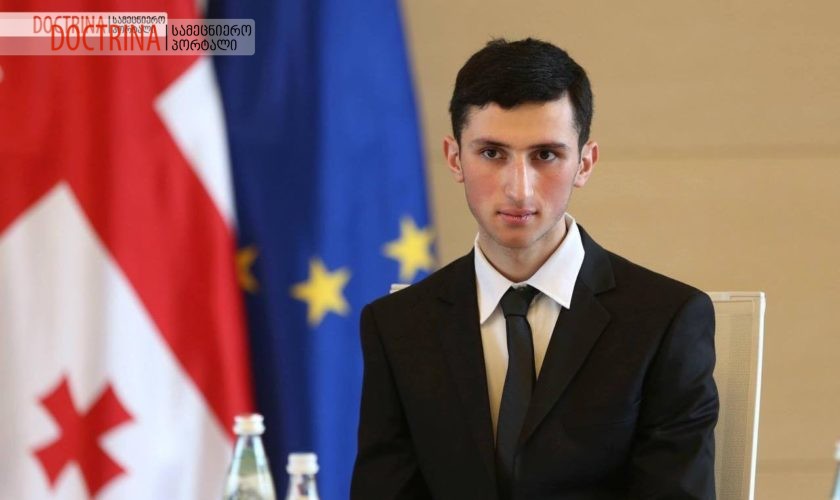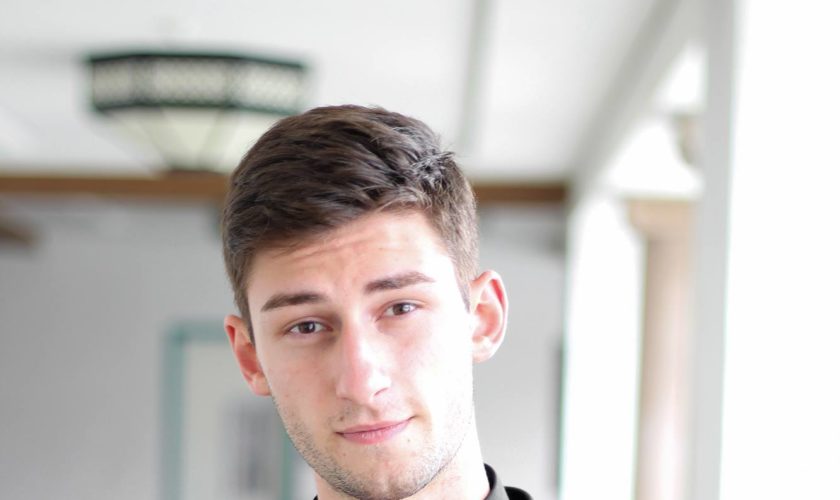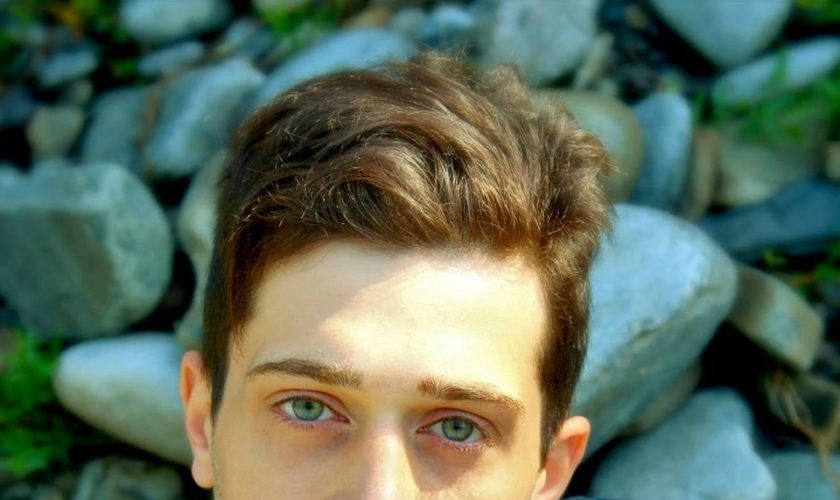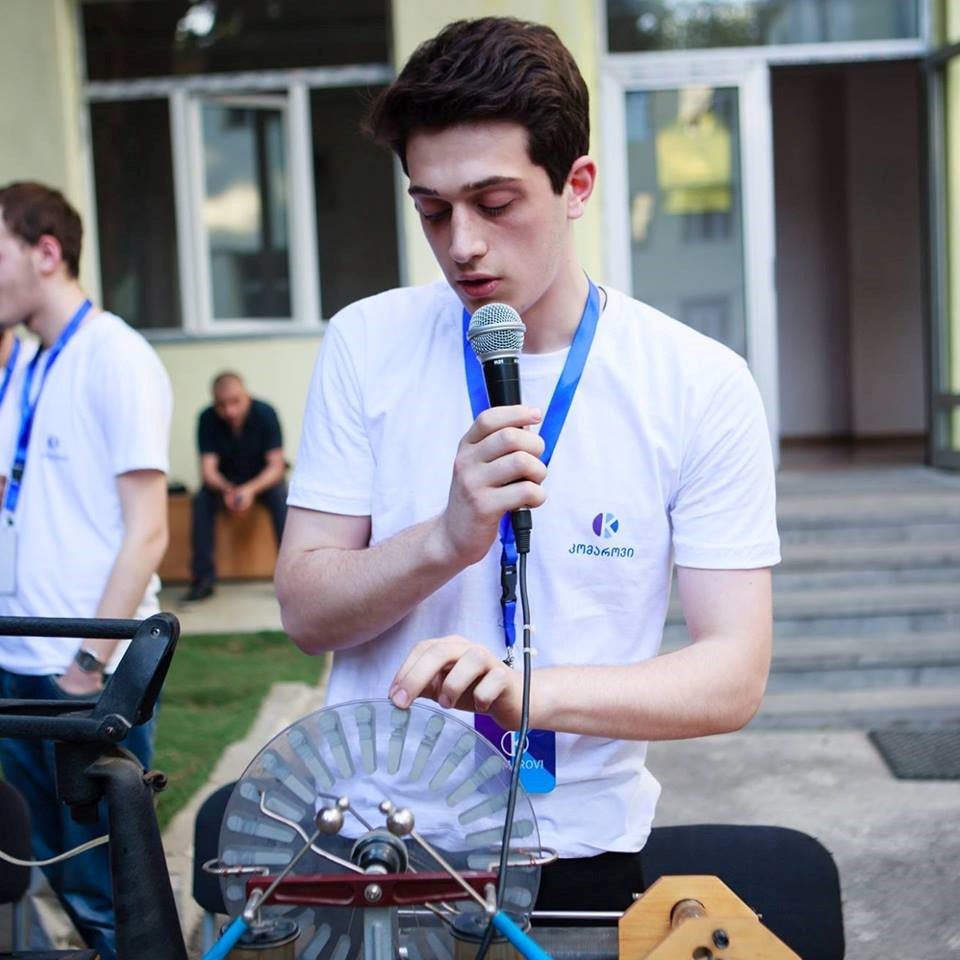Nino Kharatishvili's new novel DAS MANGELNDE LICHT (The Lack of Light) has not yet been
published in German, but the book has already been copyrighted by the well-known and
authoritative American publishing house HarperCollins Publishers. This is the first case when a
book by a Georgian (German-speaking) author was published in America. Nino's new novel will
soon start its journey in the world.
The news was announced by Nino's German publishing house on the opening day of the
Frankfurt Book Fair, at the traditional meeting of Nino Kharatishvili's European publishers.
"I know that I have to arrive in America as well. It it is planned to hold meetings, to make plans. I
do not know the details yet. I'm returning back from Frankfurt very confusedly,”- Nino, who was
heading to Berlin, told us.
Entering the American book market is difficult even for Germany, so Nino's happiness has
tripled, and it is already known that this will be a long-term collaboration, which will not end after
the publication of this particular book.
Translation: Tamar Tabatadze
The Hall of Young Scientists & Analysts – “Doctrina”


